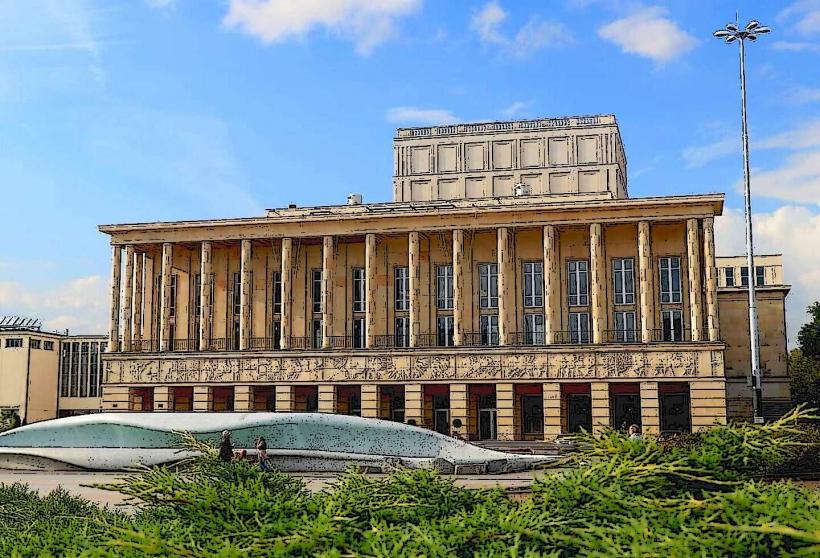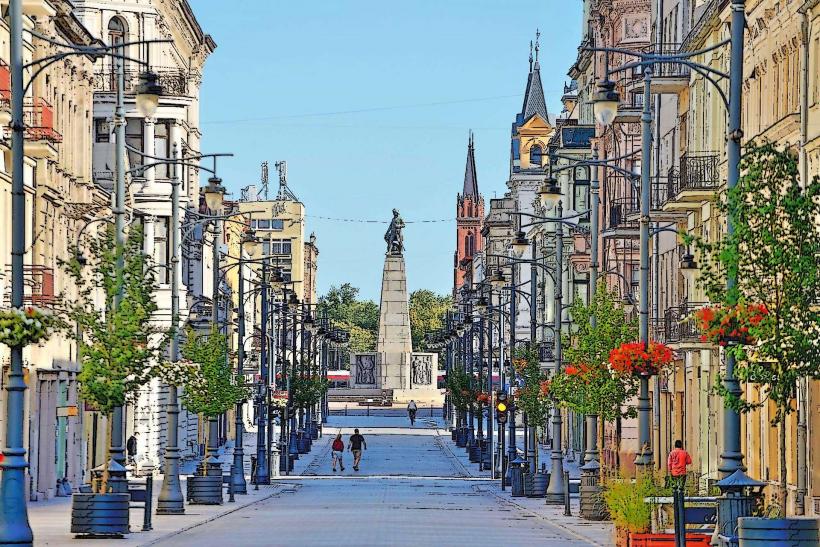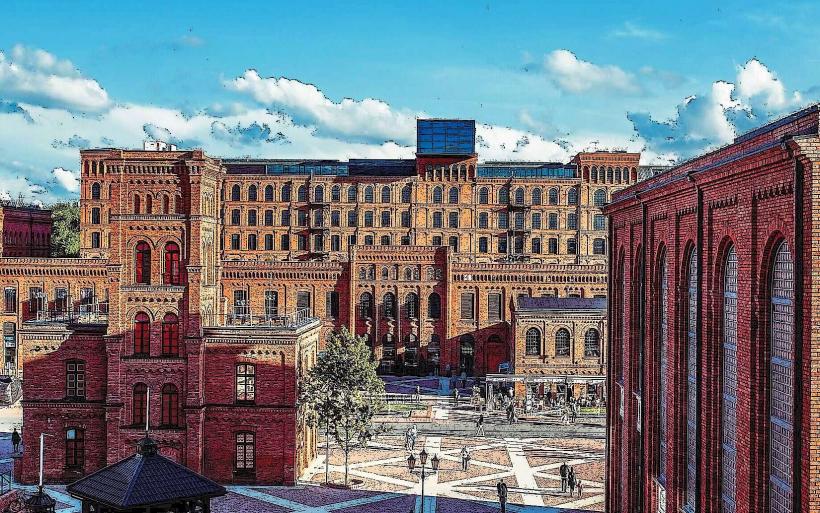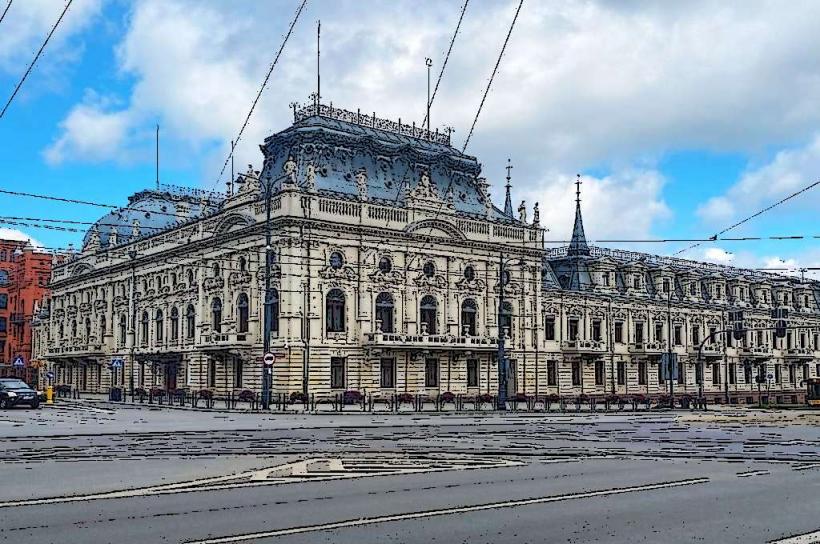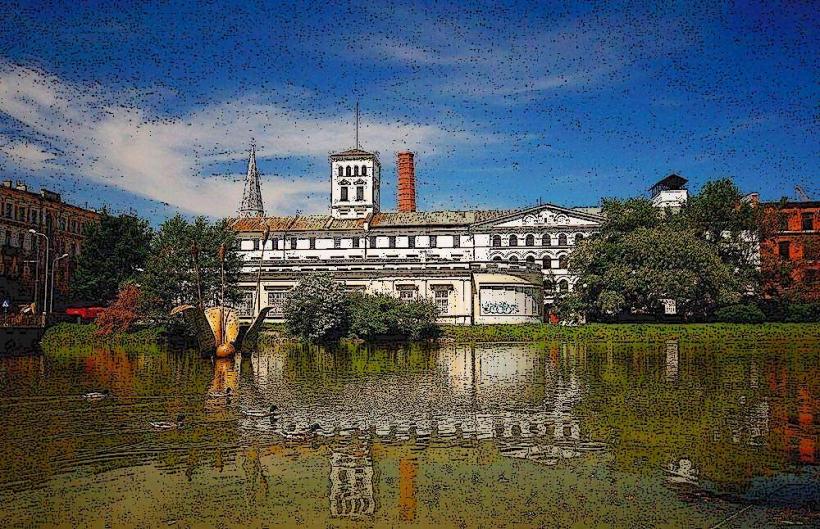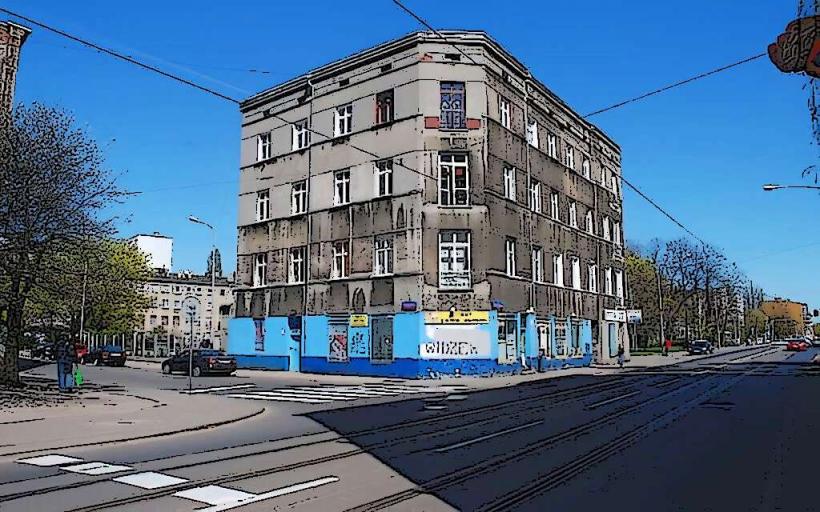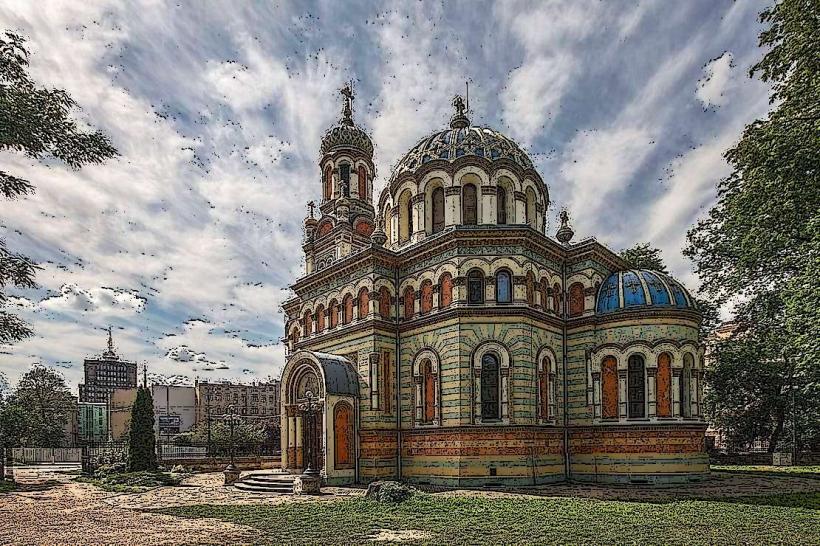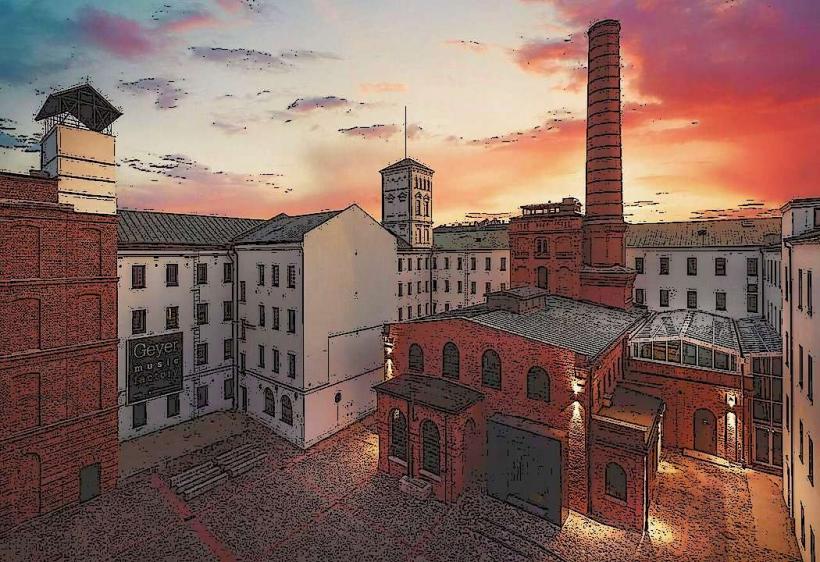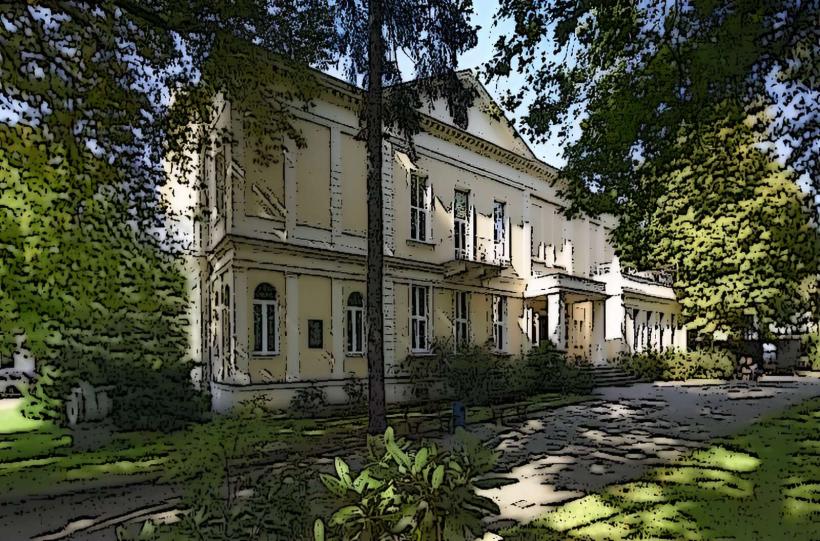Information
Landmark: Księży MłynCity: Lodz
Country: Poland
Continent: Europe
Księży Młyn, Lodz, Poland, Europe
Księży Młyn (Priest’s Mill) is the largest historic industrial complex in Łódź, functioning as a "city within a city." Built in the 19th century by Karol Scheibler, the wealthiest textile magnate in Łódź, it is one of the most significant industrial monuments in Europe.
Visual Characteristics
The complex is defined by compact, unplastered red-brick architecture. It consists of a monumental spinning mill, a residential estate for workers (known as famuły), owners' residences, a dedicated school, a hospital, and a fire station. The area is integrated by cobblestone streets and historic railway tracks formerly used for transporting cotton.
Location & Access Logistics
Address: ul. Księży Młyn, 90-337 Łódź.
Access: Located approximately 2 km southeast of the city center (Piotrkowska Street).
Public Transport: Accessible via tram lines 8, 10, and 12 (stop: Przędzalniana) or bus lines 77 and 55.
Parking: Public parking is available along ul. Przędzalniana and ul. Tymienieckiego.
Historical Origin
The name derives from a mill that once belonged to a local parish priest. In the 1870s, Karol Scheibler created a modern, self-sufficient industrial empire on this site. Following the collapse of the textile industry in the 1990s, the district underwent significant degradation. Since 2012, it has been undergoing a massive revitalization, transforming into a prestigious cultural and residential hub.
Key Highlights & Activities
Scheibler’s Lofts: The massive spinning mill (over 200 meters long) has been converted into Poland's first large-scale modern residential lofts.
Museum of Cinematography: Housed in the former Karol Scheibler Palace, it showcases the history of Polish film and pre-cinema optical devices.
Famuły (Worker Housing): Rows of brick houses that now host art studios, cafes, and renovated apartments.
Herbst Palace Museum: Located at the edge of the complex, this was the residence of Scheibler’s daughter and features restored 19th-century interiors.
Infrastructure & Amenities
Accessibility: The area is open to pedestrians and cyclists. While many paths are renovated, some older cobblestone sections can be uneven for strollers or wheelchairs.
Connectivity: High-speed 5G signal is stable throughout the district.
Dining: Several restaurants and cafes are integrated into the post-industrial spaces, particularly within the Textorial Park complex.
Best Time to Visit
The district is highly photogenic during the "golden hour" in autumn. It is a central venue for the Łódź Design Festival and weekend handicraft markets. At night, the historic brick facades are architecturally illuminated.
Facts & Legends
Film Location: The complex served as the backdrop for numerous films, most notably Andrzej Wajda's The Promised Land.
Internal Economy: In its prime, the estate had its own internal currency, which workers could use in factory-owned stores.
The Fire Station: The original fire station building still stands and is noted for its defensive architectural features.
Nearby Landmarks
Źródliska Park: 0.1 km North (the oldest park in Łódź)
Łódź Palm House: 0.2 km North
Łódź Film School: 0.5 km Northwest
Piotrkowska Street: 1.2 km West

